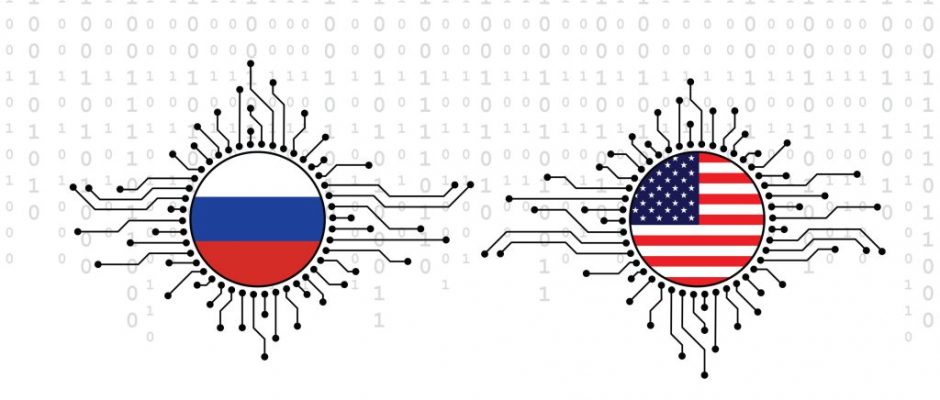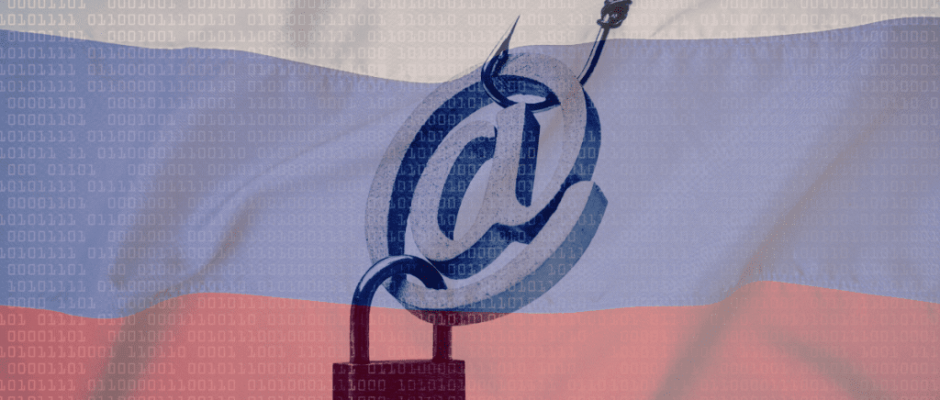Cybersecurity has become an ongoing war
In our business, assessing risk is crucial. There is a constantly evolving threat landscape, and cybercriminals are constantly introducing new techniques and developing existing ones. And as online connectivity grows, so does every organization’s overall attack surface. Unit 42 are constantly conducting research examining the full scope of the ever expanding attack surface and constantly testing existing defenses. They play the role of cybercriminals, acting as white-hat hackers, if you like, in order to detect potential weaknesses. This research is conducted across the board and also directed at each client specific attacks surface. And when there is a breach, Unit 42 is there to detect and control it. They effectively act as wartime consiglieres – remember that the ongoing Russia/Ukraine conflict started in cyberspace. They must also act immediately to mitigate any breach that does occur. Constant research and testing of defenses are vital. We have to be right every time, but the cybercriminal gangs only have to be right once to effect a breach and perform a successful attack.











